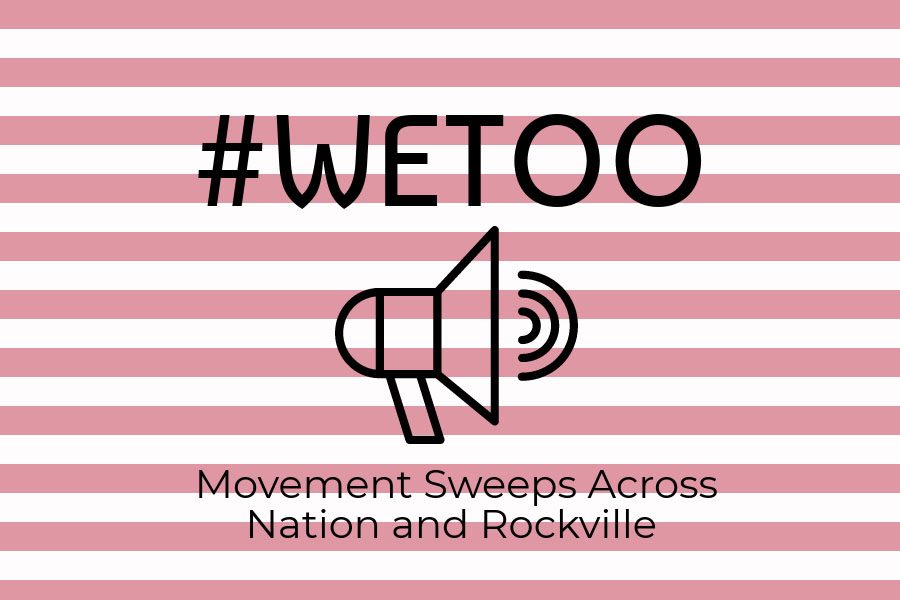#WeToo Must Speak Up Against Harassment
January 9, 2018
Since October, many women have been speaking out about sexual harassment and sharing their personal stories. With the #MeToo movement attracting media attention, it is important for all women, especially younger ones, to recognize what sexual harassment is and how to handle it.
A push for awareness began when news broke that Hollywood producer Harvey Weinstein reached at least eight settlements in sexual harassment cases, as reported in an Oct. 5 New York Times article. Since then, many other women have begun speaking out against Weinstein and many others. What is saddening is that these women stayed quiet for decades out of fear and are only now speaking out against sexual harassment.
Ninety to 95 percent of sexually harassed women suffer from some type of debilitating stress reactions including anxiety, depression, headaches, sleep disorders, weight loss or gain, nausea, lowered self-esteem and sexual dysfunction, according to the University of Minnesota Human Rights Library. In addition, the study found that victims of sexual harassment lose $4.4 million in wages and 973,000 hours in unpaid leave each year in the U.S. The damage is extensive, highlighting the importance of this issue being covered.
With today’s technology, actress Alyssa Milano reinvigorated the #MeToo movement to involve more people from younger generations. The movement was originally created by organizer Tarana Burke in 2007 to reach sexual assault survivors in underprivileged communities. It is important that teenage girls are aware of the movement and have access to others’ stories to serve as encouragement to share their own stories, seek help or hopefully identify and report sexual harassment when it happens.
#MeToo has gained attention because of the accusations against many well known public figures. While this attention has started to create an important conversation, it is also important to remember that there are still many stories that have not been shared because women are afraid they’ll lose their jobs or be ignored or shamed into silence.
Ninety to 95 percent of sexually harassed women suffer from some type of debilitating stress reactions including anxiety, depression, headaches, sleep disorders, weight loss or gain, nausea, lowered self-esteem and sexual dysfunction
The U.S. Equal Employment Opportunity Commission revealed in a 2016 study that it received 90,000 complaints in 2015, alleging some form of harassment, and that the problem is underreported. Teenage girls should be informed and supported so that they know how to report sexual harassment if they encounter it.
In the beginning of the year the counseling department did body safety lessons with the entire student population. The department discussed various effects of sexual harassment on a student. While many are immediate, others are life-long effects. Counselor Wendy Kiang-Spray said that the department defines different types of abuse and the reporting protocol in order to help students feel supported when reporting an incident.
“Some of these victims have come out 20-30 years ago and were not believed,” Kiang-Spray said. “So I do think that it’s important because it sends a message to abusers and harassers that this is not okay.”
Young girls should learn to speak and stand up against sexual harassment, and that this is not acceptable behavior. The workplace can be a common place where young women are treated inappropriately; with the publicity of all of these horrific accusations, hopefully more young girls will recognize sexual harassment when it happens and report it as such.
Seeking help is not a crime, and it is even worse if a harasser makes the victim feel that there will be consequences, such as losing a job, if they do speak out. Fortunately the #MeToo movement and local efforts are educating young girls and the public at large.




